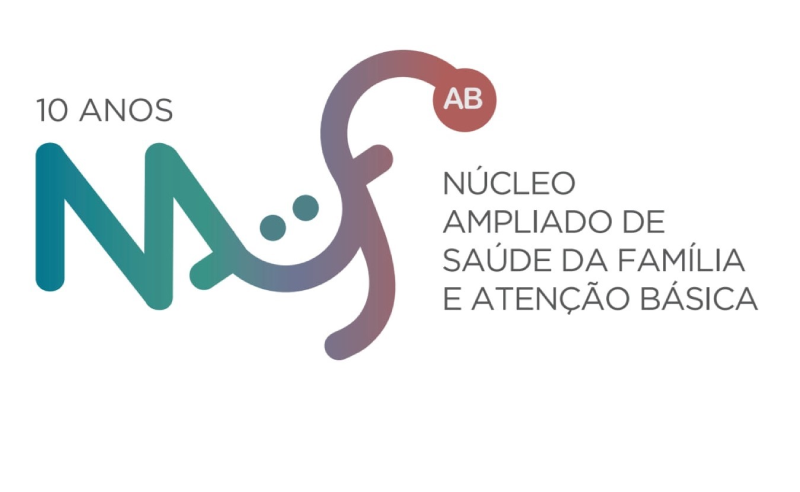e-ISSN: 1981-7746
Contact
- Avenida Brasil, 4.365 - Manguinhos - CEP 21040-360 Rio de Janeiro - RJ - Brasil
- Principal Contact
- Coordenação editorial
- (21) 3865-9850
- revtes.epsjv@fiocruz.br
- Support Contact
- fernanda.barcelos@fiocruz.br

Empirical studies have identified shortcomings and precariousness in the matrix support activities of the Family Health Support Centers. This article, based on diverse unsystematic experiences and selected literature, defends two interconnected theses that criticize aspects of the original federal regulations for the performance of these Nuclei: a conception – implicit in the regulations – of primary health care as a scenario for actions located only in fields of shareable competences, on the one hand; and the option of inserting these Centers relatively outside the care flow of users, on the other. It is argued that both, probably, generated adverse effects involved in the problems of operation of these Nuclei: they contributed to the overestimation of their expected results, to their underutilization and institutional underdevelopment and to the precariousness of their legitimacy, hampered by the 2017 National Primary Care Policy and seriously affected by the federal underfunding in 2019. The improvement of the Family Health Support Centers is defended and their insertion in the care flow between primary health care and the secondary care, to reduce the isolation between the two and improve the personalized coordination of care, facilitate the legitimacy of collaborative care, matrix support and the continuing education of professionals in Brazil.
You may also start an advanced similarity search for this article.